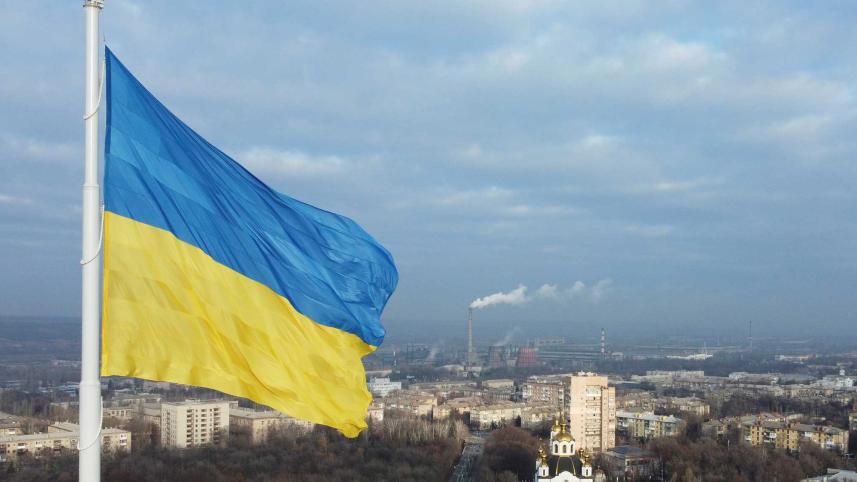Time to be sensible about the Ukraine crisis

We are deeply concerned about the escalating tensions between NATO and Russia over Ukraine. While the current crisis has been building up for years—some say even decades, since the USSR broke up in 1991 and Ukraine began leaning towards the West—it now seems to have reached a boiling point. The US claims that Russia is gearing up to launch an attack on Ukraine and that it has already assembled at least 70 percent of the military firepower it likely intends to have in place by mid-February. Though Ukraine only receives US and allied military support and training as of yet, it does wish to be a NATO member—something that Russia, especially President Putin, has been firmly against since long. But the biggest concern is how the safety of Ukrainian citizens is now hanging in the balance between Russia's wish to not let NATO get any closer to itself (via Ukraine) and the West's reading of Russia's behaviour as a threat to pro-West Ukraine.
Several questions arise here: Why has Russia reportedly amassed 100,000 troops on the Ukrainian border? And is the US correct in seeing this as an imminent threat to Ukraine and its NATO neighbours? While Russia's routine exercise of strategic nuclear forces may be one explanation for the gathering of its troops, the US may be right to wonder why it was shifted to be held from mid-February to March instead of in the Fall, as is usual. But if Russia was adamant before about NATO not taking Ukraine under its wing, this demand has become an ultimatum now—something which the West will never bow to. Russia's concern that NATO may be getting closer to itself by eventually taking in Ukraine is also not something that can be brushed aside. After all, will the West gain much in terms of security if Ukraine is made a NATO member?
This may all seem a faraway issue for Bangladesh, as it is happening between countries we are not regionally connected to and over issues that do not, at first glance, concern us directly. However, being ever-committed to world peace, and having first-hand awareness of the dire consequences of war, we would like to call upon NATO members (especially the US) and Russia to engage in diplomatic dialogue and make efforts to de-escalate tensions over Ukraine immediately. If the current situation is allowed to fester, it will only lead to more war-mongering and trading of arms and weapons. That may set precedence for existing conflicts between other regions to worsen as well. War cannot be an option.



 For all latest news, follow The Daily Star's Google News channel.
For all latest news, follow The Daily Star's Google News channel.
Comments